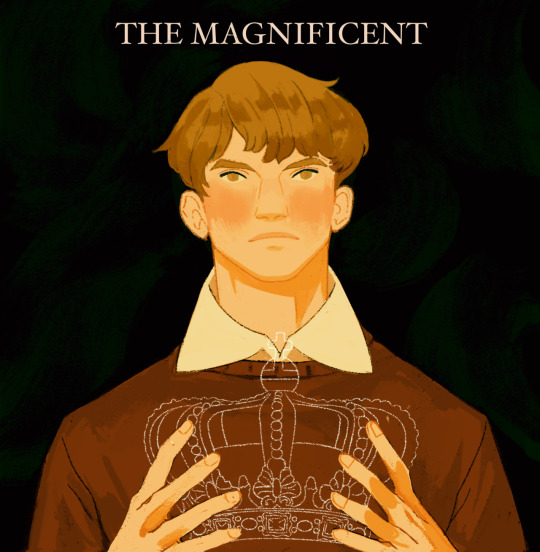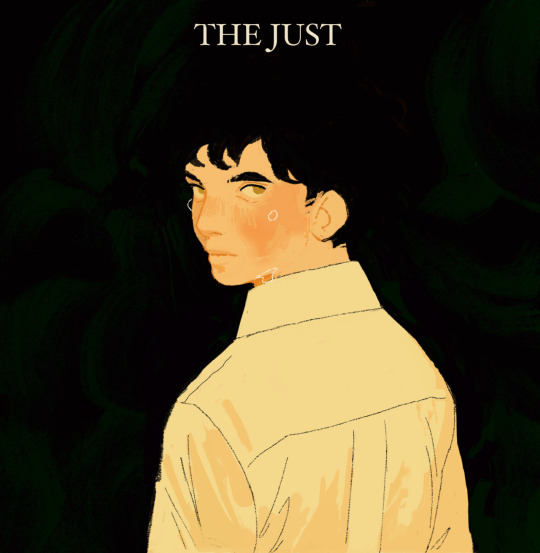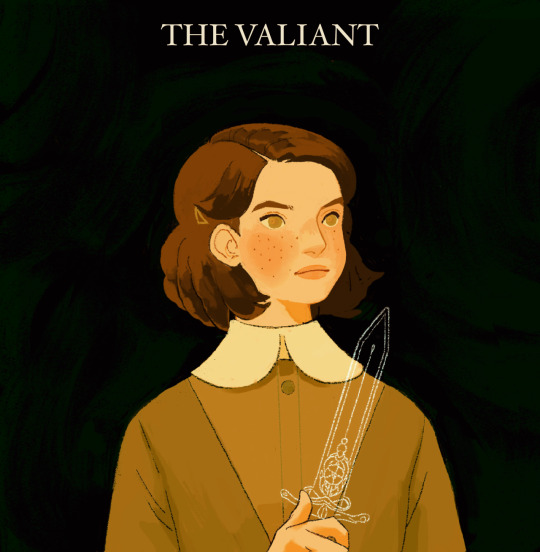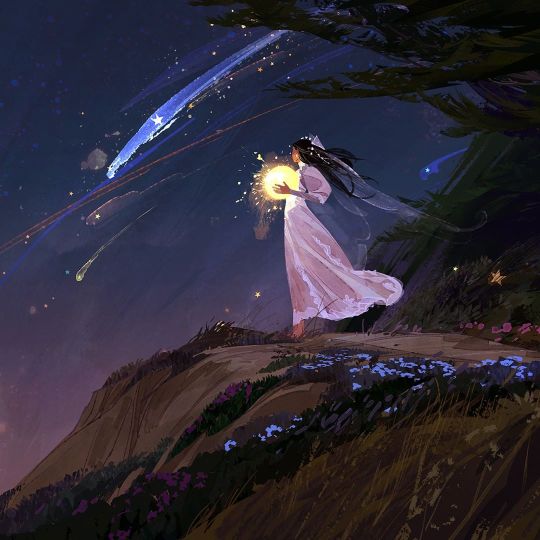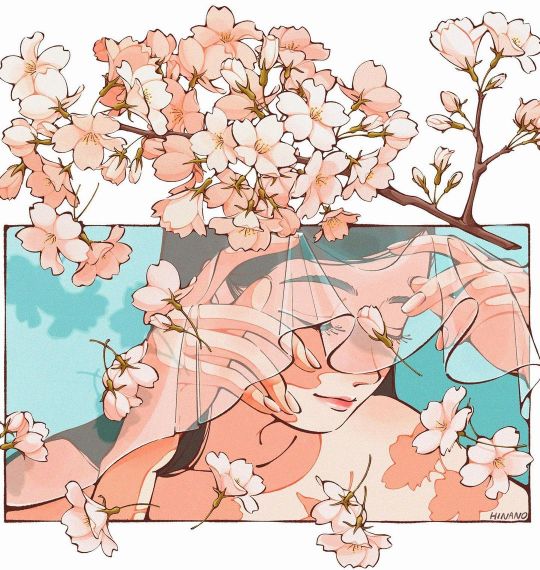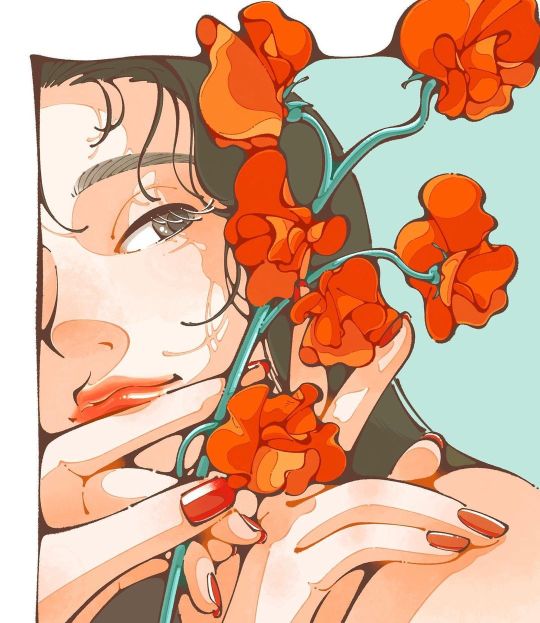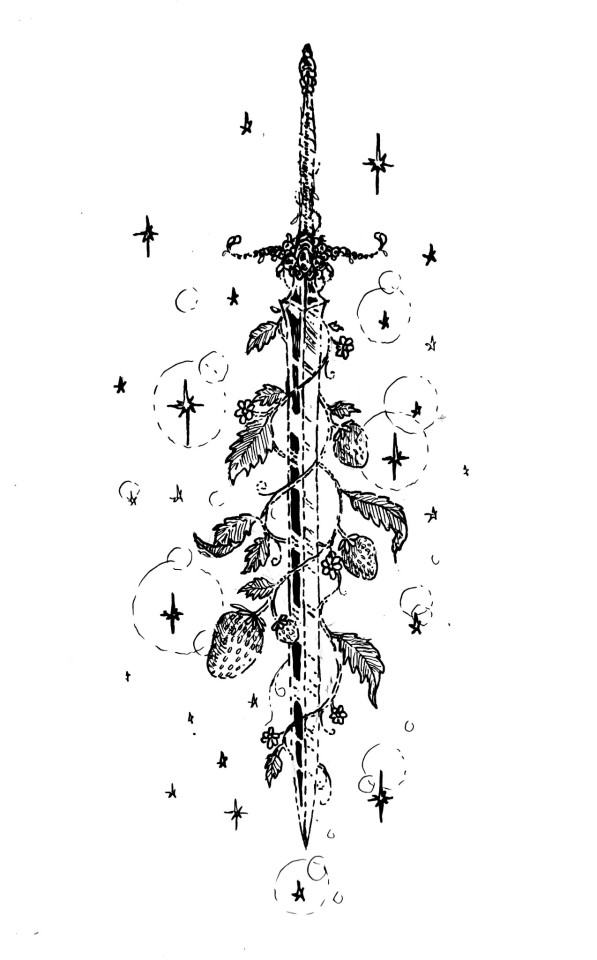Text
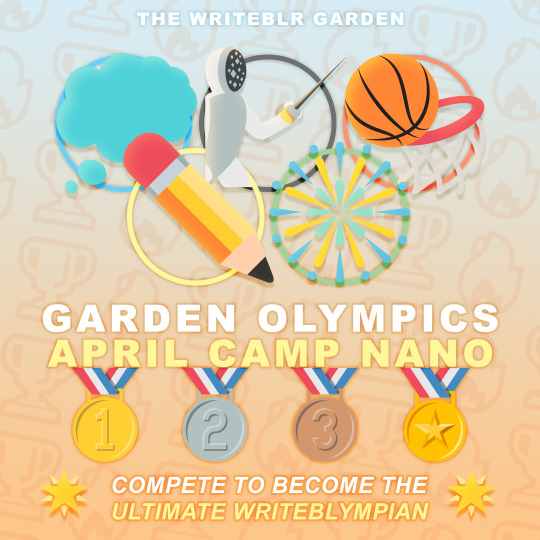
the writeblr garden's garden olympics (april camp nano)
announcing the writeblr garden's seventh event and third nano event: the garden olympic games! 🏅 gardeners will be individually competing in various writing challenges to have the highest percentage of their word goal completed and be crowned the ultimate writeblympian 🌟
this event will be hosted on our discord server where we will be providing a spreadsheet of all the games and a scoreboard showing who's writing the most throughout the month! 💪 participants will also be receiving medals for each game they successfully complete, but all challenges are optional! 🏋️���️ word goals are also up to each participant, however you must have a minimum goal of 10k words to earn the role reward.

the garden olympics will be running throughout the entire month of april. to participate, join our discord server here! we're looking forward to growing with you 🌱
31 notes
·
View notes
Text

detail of painting by élisabeth vigée le brun, 1781 year
2K notes
·
View notes
Photo


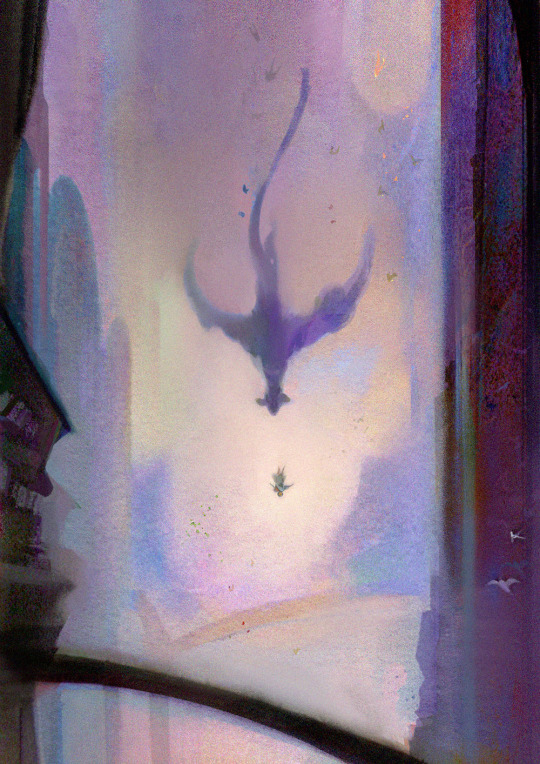
Ico // Shadow of the Colossus // The Last Guardian
The trilogy of illos for Lost in Cult all together!
1K notes
·
View notes
Text
on storytelling and repetition
“…the secret of the Great Stories is that they have no secrets. The Great Stories are the ones you have heard and want to hear again. The ones you can enter anywhere and inhabit comfortably. They don’t deceive you with thrills and trick endings. They don’t surprise you with the unforeseen. They are as familiar as the house you live in. Or the smell of your lover’s skin. You know how they end, yet you listen as though you don’t. In the way that although you know that one day you will die, you live as though you won’t. In the Great Stories you know who lives, who dies, who finds love, who doesn’t. And yet you want to know again.”
— Arundhati Roy on Indian mythology and folklore, in God of Small Things (1997)
“It was only once – once – that an audience went to see Romeo and Juliet, and hoped they might live happily ever after. You can bet that the word soon went around the playhouses: they don’t get out of that tomb alive. But every time it’s been played, every night, every show, we stand with Romeo at the Capulets’ monument. We know: when he breaks into the tomb, he will see Juliet asleep, and believe she is dead. We know he will be dead himself before he knows better. But every time, we are on the edge of our seats, holding out our knowledge like a present we can’t give him.”
— Hilary Mantel on Shakespeare’s Romeo and Juliet, in “Can These Bones Live?”, Reith Lecture, 2017
“So what makes this poem mnemonic is not just repetition. Rather, it’s the fact that with repetition, the repeated phrase grows more and more questionable. I’ve remembered “Come on now, boys” because, with every new repetition, it seems to offer more exasperation than encouragement, more doubt than assertion. I remembered this refrain because it kept me wondering about what it meant, which is to say, it kept me wondering about the kind of future it predicted. What is mnemonic about this repetition is not the reader’s ability to remember it, but that the phrase itself remembers something about the people it addresses; it remembers violence. Repetition, then, is not only a demonstration of something that keeps recurring: an endless supply of new generations of cruel boys with sweaty fists. It is also about our inability to stop this repetition: the established cycles of repetition are like spells and there’s no anti-spell to stop them from happening. The more we repeat, the less power we have over the words and the more power the words have over us. Poetic repetition is about the potency of language and the impotence of its speakers. In our care, language is futile and change is impossible.”
— Valzhyna Mort on Russian poet Yevgeny Yevtushenko, in “FACE – FACE – FACE: A Poet Under the Spell of Loss”, The Poetry Society Annual Lecture, 2021
3K notes
·
View notes
Text

Virginia Woolf, from a diary entry written c. March 1940 featured in The Diary of Virginia Woolf: vol. V 1936-1941
5K notes
·
View notes
Text

Nikos Kazantzakis, from a letter to Andonis Anemoyannis, 1902
5K notes
·
View notes




